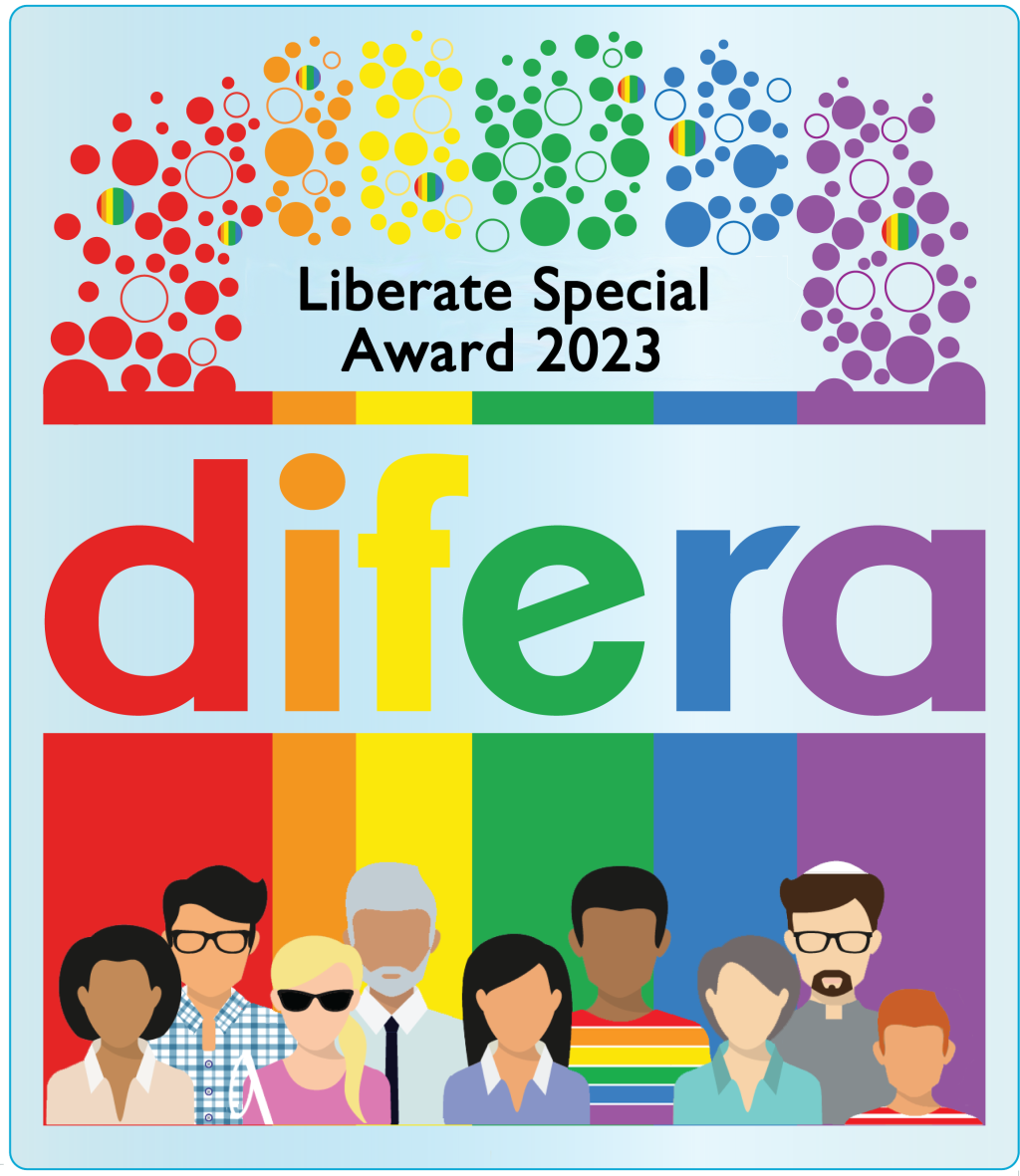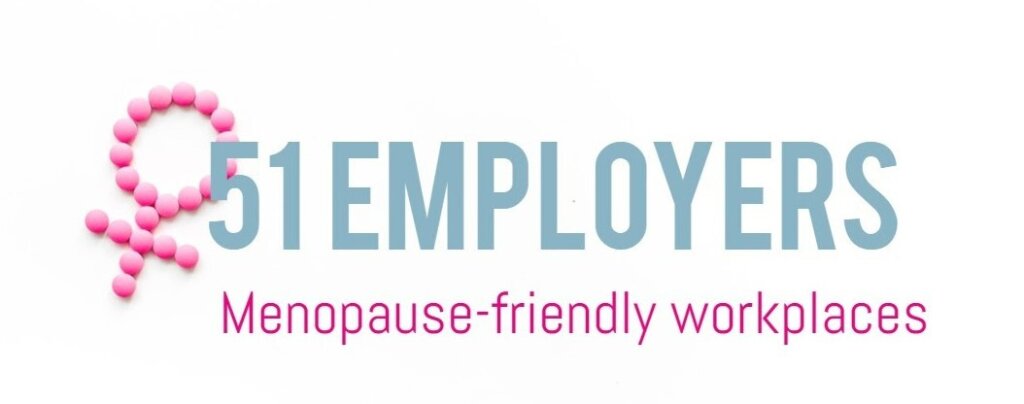The Jersey School Review Framework (JSRF) was launched in 2018. The first cycle of school reviews was completed for all Government of Jersey schools by July 2024. The framework was then updated from January 2025. This particular review was conducted, and its report written, under this updated framework.
Reviewers evaluated the curriculum, teaching and learning through sampling these subjects: Personal, Social and Health Education (PSHE) including citizenship; Mathematics; Physical Education (PE) and Sports Studies; Art and Textiles; Economics; and Religious Studies. For each subject, the reviewers discussed the curriculum with subject leaders, visited lessons where possible, talked to some pupils about their learning and looked at samples of pupils’ work.
Discussions were held with the Principal, Vice Principal, other leaders and staff to explore the various aspects of the school’s work, including the identification of and provision for different groups of pupils and safeguarding arrangements. The lead reviewer met with the chair and vice-chair of the governing body, and with the school’s senior advisor from CYPES to gather their perspectives on the school’s strengths and current priorities.
Reviewers also met with a range of pupils holding leadership roles. The views of the wider staff and pupil bodies and of parents were gathered through surveys conducted by the school and explicitly for this review.
The team visited assemblies, tutor times and house meetings and observed pupils at the start of the day and at breaks and lunchtimes and as they moved around school. Reviewers talked with pupils informally during these times to hear their views of the school and how it looks after their academic and personal development.
The review team triangulated this evidence by considering a range of documents, including: leaders’ self-evaluation; their development plan and four-year strategy; reports to and minutes of governing body and committee meetings; and behaviour and safeguarding records, including the school’s central record of checks on staff. They also took account of information and policies on the school’s website, the provisional data report for 2024/25 from CYPES and the school’s own internal assessment information and analysis.
Review summary
“Jersey College for Girls, or JCG as it is colloquially known, is without doubt a school where the sum is greater than the parts. Leaders are successful in their ambition ‘to provide transformational learning that fosters the development of head, heart and humanity and inspire each girl to make a lasting and positive impact on her world.’ They are unapologetic advocates for equipping pupils to conquer the gender stereotypes they do and will face as females, and to flourish as leaders. Pupils leave with the attitudes, attributes and aspirations they need for future success and an extremely strong sense of social responsibility and justice.
The mantra ‘Believe You Can’ and the interwoven values of ‘Aspire, Inquire, Excel, Belong’ are at the heart of everything the school does and its many successes. In many respects, ‘belong’ is the first among equals. The ‘infectious culture’ leaders allude to is palpable. Year 7 pupils already have a strong sense of everyone looking out for each other. Sixth formers talk fondly about the ‘student-led community’ they have grown up through. The six houses, named after inspirational women from history, bond pupils with a strong sense of respect and responsibility for themselves and for others, in and beyond the school. Pupils’ views are valued highly and influence decision-making in all aspects of JCG life.
Outward-looking and forward-thinking leaders constantly aspire to even greater things for pupils. A watchful eye is kept on both the academic and wider curriculums to ensure their relevance. The recent introduction of the ‘She Leads’ programme complements the myriad of leadership opportunities pupils have as they move up through the school. From Year 7 upwards, they are taught the very essence of being a leader. ‘IDEA’ prefects champion and are charged with ensuring equality issues are front and centre.
Professional learning keeps teachers up to date, drawing on current research and educational thinking. Their subject knowledge is strong. As a result, teaching is mostly high quality, underpinned by well-planned subject curriculums which together enable typically very strong academic standards. Nevertheless, leaders never lose sight of whether, whatever their starting point, pupils are achieving their full potential. They know that there is some work to do to ensure that teaching and learning, and the precision of the underpinning curriculums are consistently at the level of the very best seen in school in order to promote even better achievement. They acknowledge that monitoring processes would be enhanced if improvement plans were more precise about what success will look like.”





